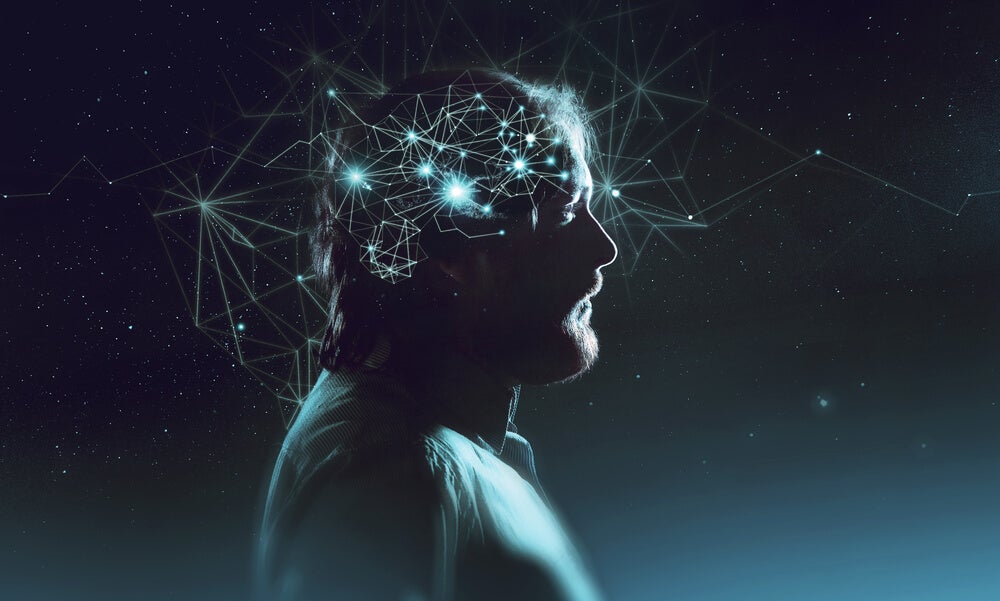American novelist Richard Matheson once suggested that “birth involves the trauma of misunderstanding. “Did this man mean that the mere fact of being born is already the first of our traumatic memories?
In any case, you like me do not remember the moment of your birth, something normal, just as you do not remember your first years of life, however, there are certainly other episodes that, because they are traumatic, are also not accessible in their memory. Let’s talk about it.
- The experiences lived.
- Especially during childhood.
- Strongly influence our development.
- In the case of negative experiences.
- The impact can be enormous.
- Many of these experiences.
- Being episodes and memories lived.
- Can stay in our minds with tremendous weight.
- In other words.
- The emotional impression they leave is very powerful.
Episodes of psychological or physical abuse by close people, for example, leave strong psychological consequences. In this case, does the brain tend to feel guilty? And it seems that this mechanism is also responsible for protecting us from our most traumatic memories.
Clinical psychologist Lidia García Asensi draws a curious parallel between a brain and a computer, that is, our brain would act by processing the information in archives, which are organized and stored, but if a memory arrives that exceeds its capacity, it is saved. as an experience lived on a different memory network than usual.
What does the psychologist mean by this parallel? That traumatic memories that our brain cannot or does not want to treat, because they may have altered us to a high physiological and emotional level, are isolated and separated so as not to generate emotions that are too intense and difficult to bear.
We know that very damaging and traumatic experiences are capable of altering the chemical balance of the brain, they occur when an event is very difficult to digest and we are unable to understand it, so its acceptance and treatment are very complex.
We can consider this brain block as positive because it protects us from trauma and complicated experiences, however, it is clear that this is not always the case, especially in the long term, because?Letting go is not forgetting or completely preventing an experience of influencing us. We are talking about an undated real fact, that is, an important episode that we have not given meaning to and which we have not incorporated in a positive and coherent way into our concrete biography.
That is, a “trigger stimulus” may appear in the form of a new situation or experience, which will bring this memory back. This happens unconsciously, but every little thing, however insignificant, can reactivate it and make us feel at the time of trauma.
It is true that most memories are forgotten, however, those that refer to very intense experiences are never forgotten, they are simply isolated and unprocessed, asleep, anesthetized, that is, because they have not been contextualized and confronted, cause great damage. when they reappear, because they can make us feel, at the same time, very bad and terribly disoriented.
As we have seen, this automatic protection of our brain can help or harm us, has its pros and cons, although it is always better to face and overcome a traumatic event, however, this is not possible if we do not remember it. Of course.
On the one hand, the brain frees us from the suffering that comes with this traumatic memory, so the unpleasant consequences will be, in a way, suffocated in our daily lives.
However, there may be times when a person feels bad not knowing what’s going on. The brain may have hidden some memory, but it still influences the emotional state.
It is not easy to detect such traumas, as many are well hidden, dissociated and even blocked, however, it is essential to work on past experiences, because otherwise we might be overwhelmed by emotions that we do not know the origin of, and are therefore very complicated to control.
Drafting note: The above in this article corresponds to a memory functioning model that fits well in many cases; however, more research is needed to rule out other parallel hypotheses that also attempt to explain these phenomena.

